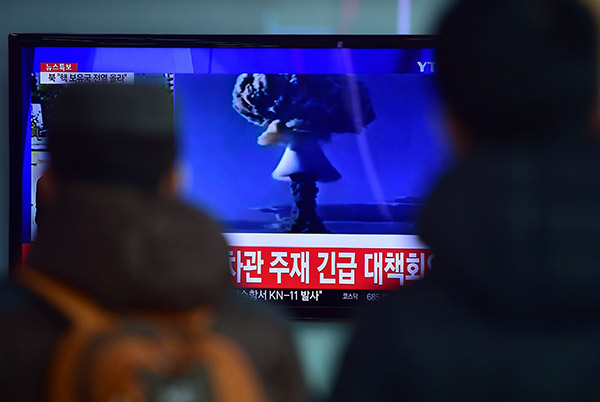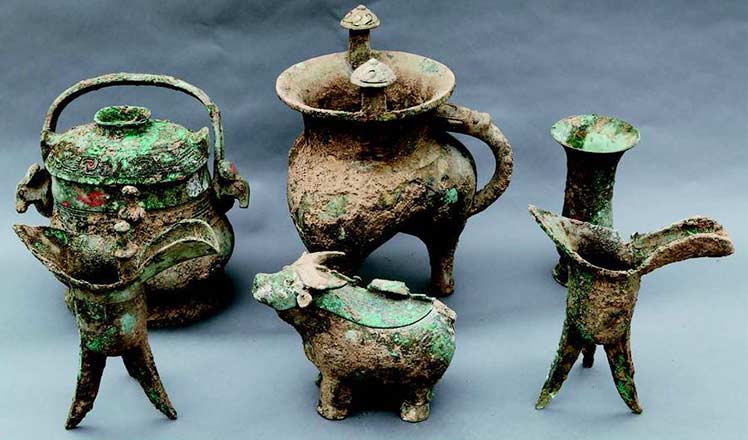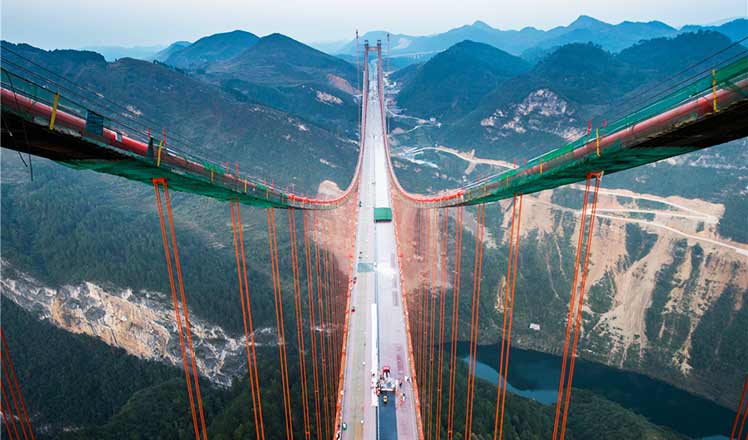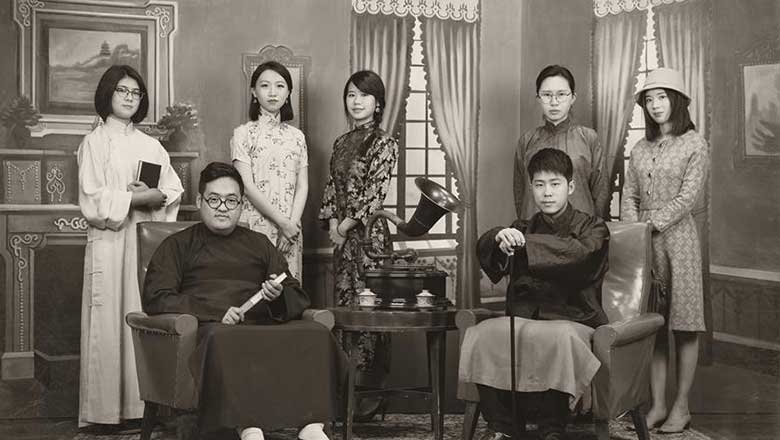Deploying missile system in ROK will not defuse crisis
Updated: 2016-01-14 07:59
(China Daily)
|
||||||||
 |
|
People at a railroad station in Seoul watch a news report on Wednesday after the Democratic People's Republic of Korea announced that it had conducted its first hydrogen bomb test. JUNG YEON-JE/AFP |
In a news conference on Wednesday after her New Year address, Park Geun-hye, president of the Republic of Korea, said her country will review the issue of whether to allow the deployment of the US Terminal High Altitude Area Defense anti-ballistic missile defense system.
After the Democratic People's Republic of Korea conducted its fourth nuclear test last week, both the ROK and the United States may look at it as an opportunity to push for the controversial deployment of THAAD on the Korean Peninsula.
Seoul and Washington need to remain sober-minded. After all, it will take concerted efforts from all concerned parties to denuclearize the peninsula and maintain its peace and stability.
Any misstep at this stage will only plunge the peninsula deeper into crisis and could push the situation out of control.
The atmosphere on the peninsula is already tense, and Pyongyang has cited the US threat to its security for its pursuit of nuclear weapon capabilities. It would be unwise to pour oil a flame that has already flared up.
Considering the tricky situation on the peninsula right now, deployment of THAAD in the ROK could become a new source of tension and even a fresh excuse for an arms race in the region.
The US' desire to deploy the THAAD system on the peninsula is viewed by some as having an ambiguous strategic objective, and its deployment remains controversial.
When seeking security of its own, a country should also take into consideration others' security interests and regional peace and stability as well.
The responses and countermeasures to Pyongyang's latest nuclear test show the DPRK's nuclear issue is heading toward another cycle of provocation and tit-for-tat retaliations. Obviously, more needs to be done to untie the knot instead of tying it even tighter.
As a neighbor of the DPRK, China has repeatedly voiced its grave concern and opposition to Pyongyang's nuclear program and called for a resumption of the Six-Party Talks, which are the only viable way to address the nuclear issue in peace.
To this end it has been communicating with the other parties to the talks, namely the ROK, the DPRK, the US, Japan and Russia.
The nuclear issue on the peninsula has been lingering for a decade, and countries involved should shore up greater political will to break the impasse through dialogues and negotiations.

 Execs introduce new models at Detroit Auto Show
Execs introduce new models at Detroit Auto Show
 Foreigners learn mushroom cultivation skills in Xi'an
Foreigners learn mushroom cultivation skills in Xi'an
 Academy releases top 6 archaeological finds of 2015
Academy releases top 6 archaeological finds of 2015
 Yandunjiao in Shandong is an ideal habitat for whooper swans
Yandunjiao in Shandong is an ideal habitat for whooper swans
 World's second highest bridge in Southwest China put into operation
World's second highest bridge in Southwest China put into operation
 Photo studio takes people back in time
Photo studio takes people back in time
 Celebrities born in the Year of Monkey
Celebrities born in the Year of Monkey
 Remembering legendary British artist David Bowie
Remembering legendary British artist David Bowie
Most Viewed
Editor's Picks

|

|

|

|

|

|
Today's Top News
Obama to deliver final State of the Union speech
Shooting rampage at US social services agency leaves 14 dead
Chinese bargain hunters are changing the retail game
Chinese president arrives in Turkey for G20 summit
Islamic State claims responsibility for Paris attacks
Obama, Netanyahu at White House seek to mend US-Israel ties
China, not Canada, is top US trade partner
Tu first Chinese to win Nobel Prize in Medicine
US Weekly

|

|








